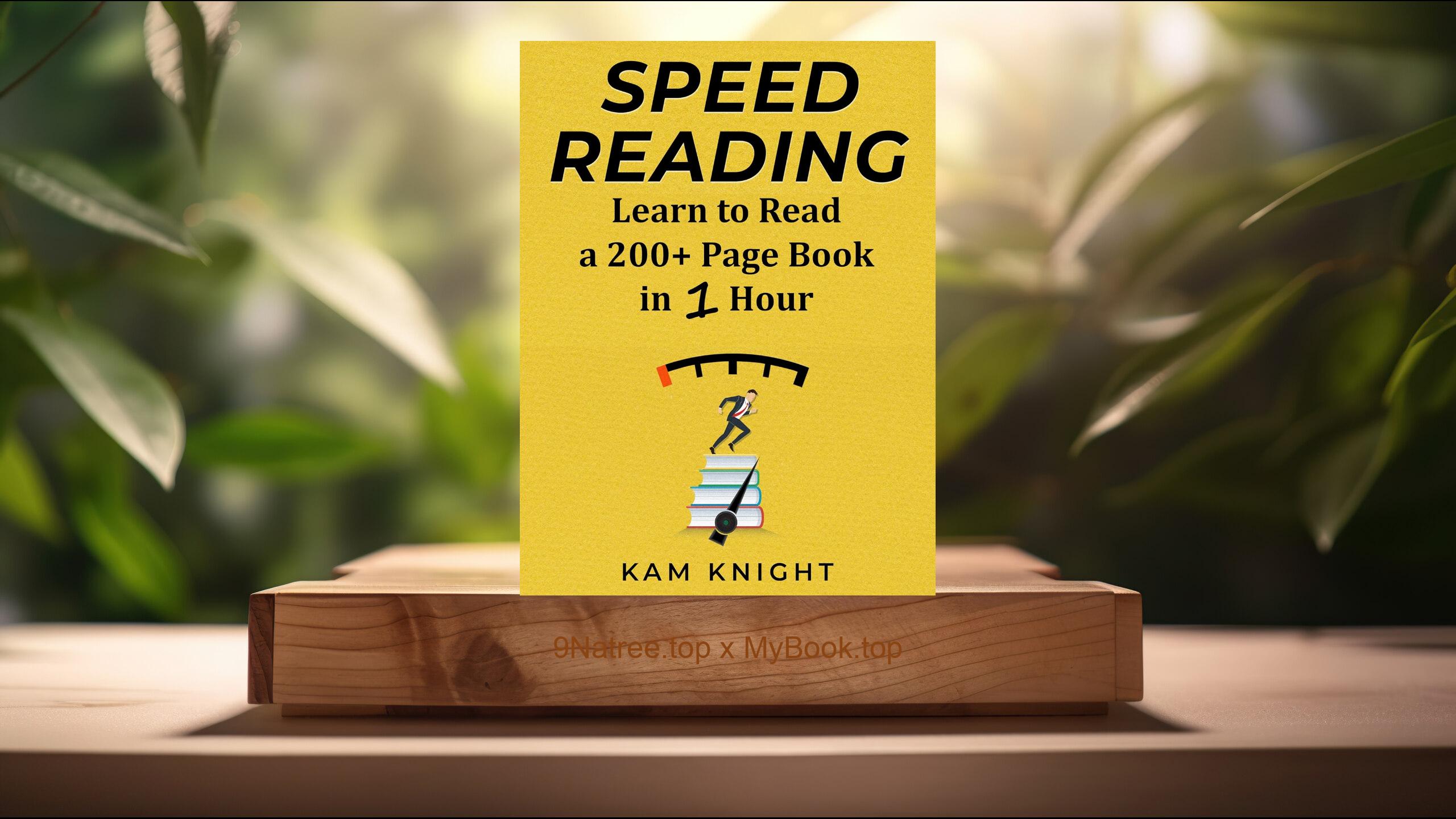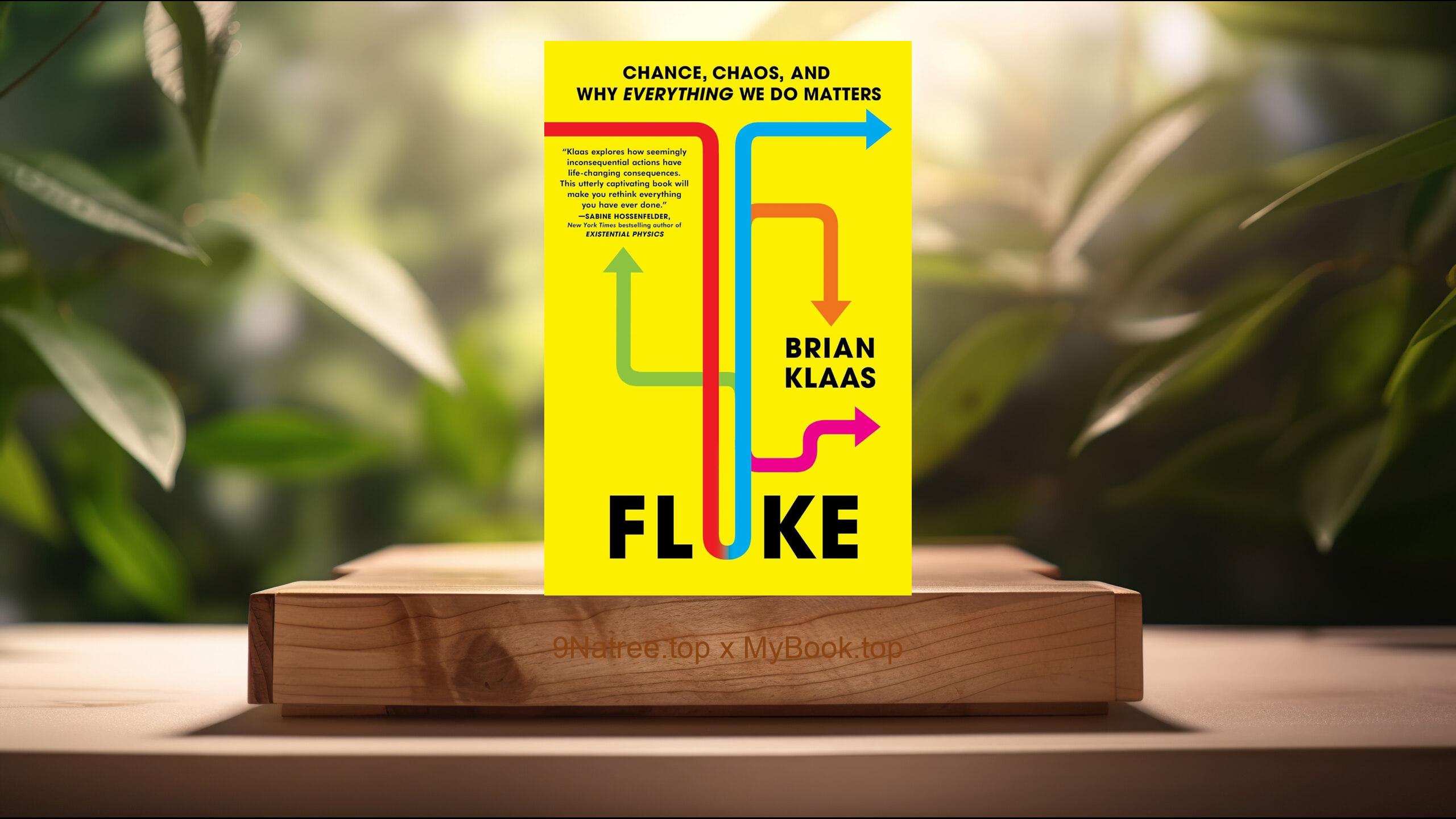Show Notes
- Amazon US Store: https://www.amazon.com/dp/B003WUYRKO?tag=9natree-20
- Amazon Worldwide Store: https://global.buys.trade/The-Upside-of-Irrationality-Dan-Ariely.html
- Apple Books: https://books.apple.com/us/audiobook/the-upside-of-irrationality/id1441508719?itsct=books_box_link&itscg=30200&ls=1&at=1001l3bAw&ct=9natree
- eBay: https://www.ebay.com/sch/i.html?_nkw=The+Upside+of+Irrationality+Dan+Ariely+&mkcid=1&mkrid=711-53200-19255-0&siteid=0&campid=5339060787&customid=9natree&toolid=10001&mkevt=1
- Read more: https://mybook.top/read/B003WUYRKO/
#behavioraleconomics #decisionmaking #irrationalbehavior #emotionalinfluence #personalsatisfaction #motivationandreward #choiceoverload #adaptability #TheUpsideofIrrationality
These are takeaways from this book.
Firstly, The Concept of 'Controlled Irrationality', Ariely introduces the idea of 'controlled irrationality'—the notion that irrational decisions are not always negative and can be harnessed for beneficial outcomes. He argues that being aware of our irrational tendencies allows us to make better decisions by understanding how emotions and social norms influence our choices. Through examples from his research, such as the impact of social proof and anchoring on consumer behavior, Ariely demonstrates how controlled irrationality can lead to more satisfying decisions in areas ranging from shopping to investing.
Secondly, The Role of Emotion in Decision-Making, A key theme in the book is the significant role emotions play in our decisions, often trumping logic. Ariely provides evidence from studies showing how our emotional state can drastically alter our choices in ways we might not predict. He explores the implications of this for personal relationships, workplace efficiency, and even global economic policies, arguing that acknowledging and leveraging our emotional responses can lead to better outcomes than ignoring them.
Thirdly, Motivation and Reward, Ariely turns conventional wisdom on its head by challenging the traditional views on motivation and reward. He explores how over-emphasizing monetary rewards can diminish creativity and satisfaction, whereas emphasizing intangible rewards like personal fulfillment and social recognition can enhance motivation. Through experiments in various settings, from the workplace to schools, Ariely presents a compelling case for the power of intrinsic rewards to foster innovation and productivity.
Fourthly, The Paradox of Choice, Building on the work of other scholars, Ariely discusses the paradox of choice—the idea that more options do not always lead to better decisions. Using engaging experiments, he shows how an overload of choices can lead to decision fatigue, reducing our satisfaction with our decisions. Ariely suggests strategies for simplifying choices and highlights the benefits of setting constraints on our options, thus making decision-making processes more manageable and fulfilling.
Lastly, Adapting to New Norms, Ariely investigates how humans can remarkably adapt to new sets of norms and how this adaptability can be both a blessing and a curse. He illuminates how being exposed to different behaviors, such as dishonesty or generosity, can change our perception of what is acceptable. Through this discussion, Ariely advocates for the thoughtful design of social environments that encourage positive behaviors and discourage destructive ones, emphasizing the role of societal norms in shaping our decisions.
![[Review] The Upside of Irrationality (Dan Ariely) Summarized](https://episodes.castos.com/660078c6833215-59505987/images/1875750/c1a-085k3-kpdpd772ugdd-ljadih.jpg)




